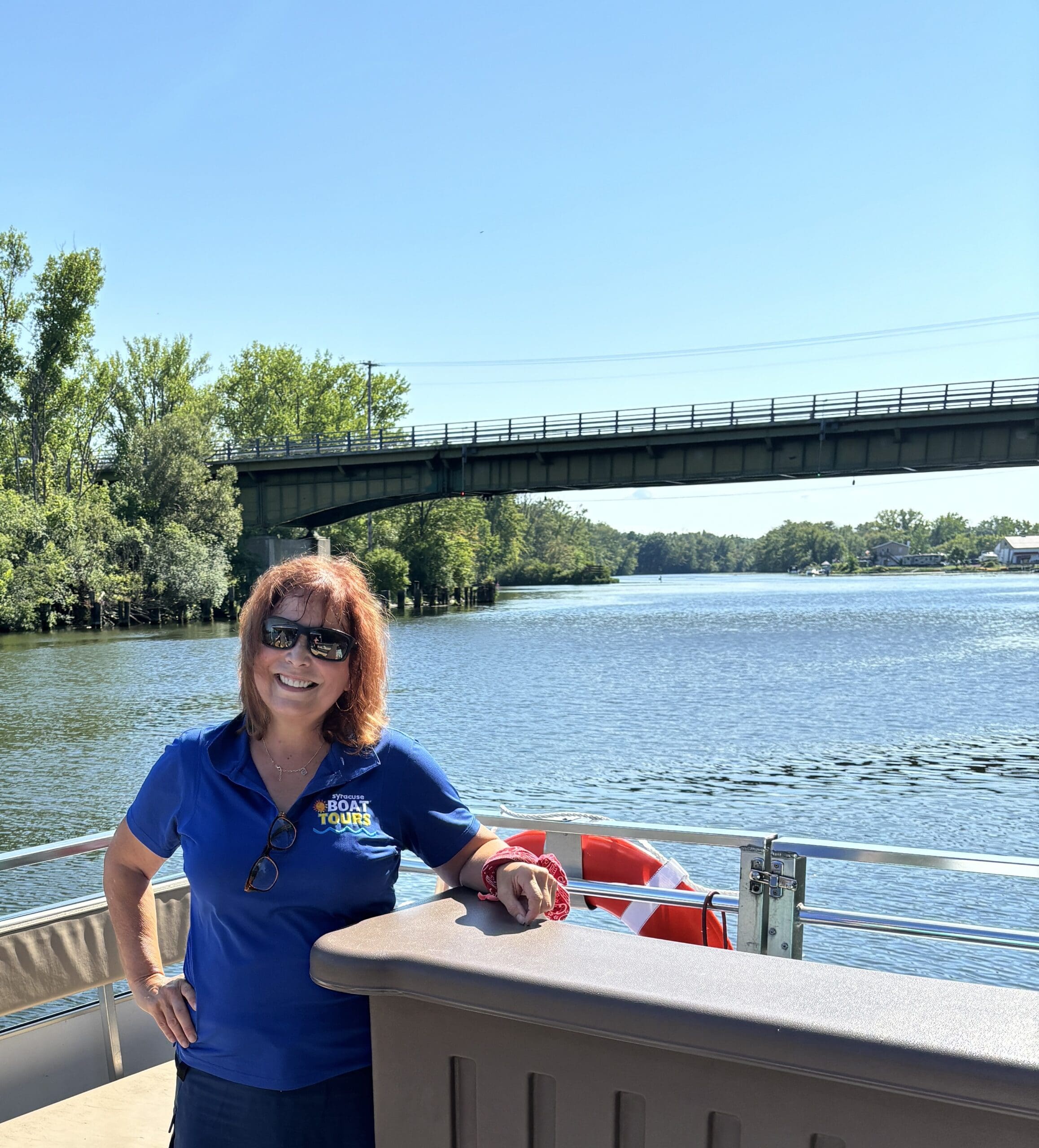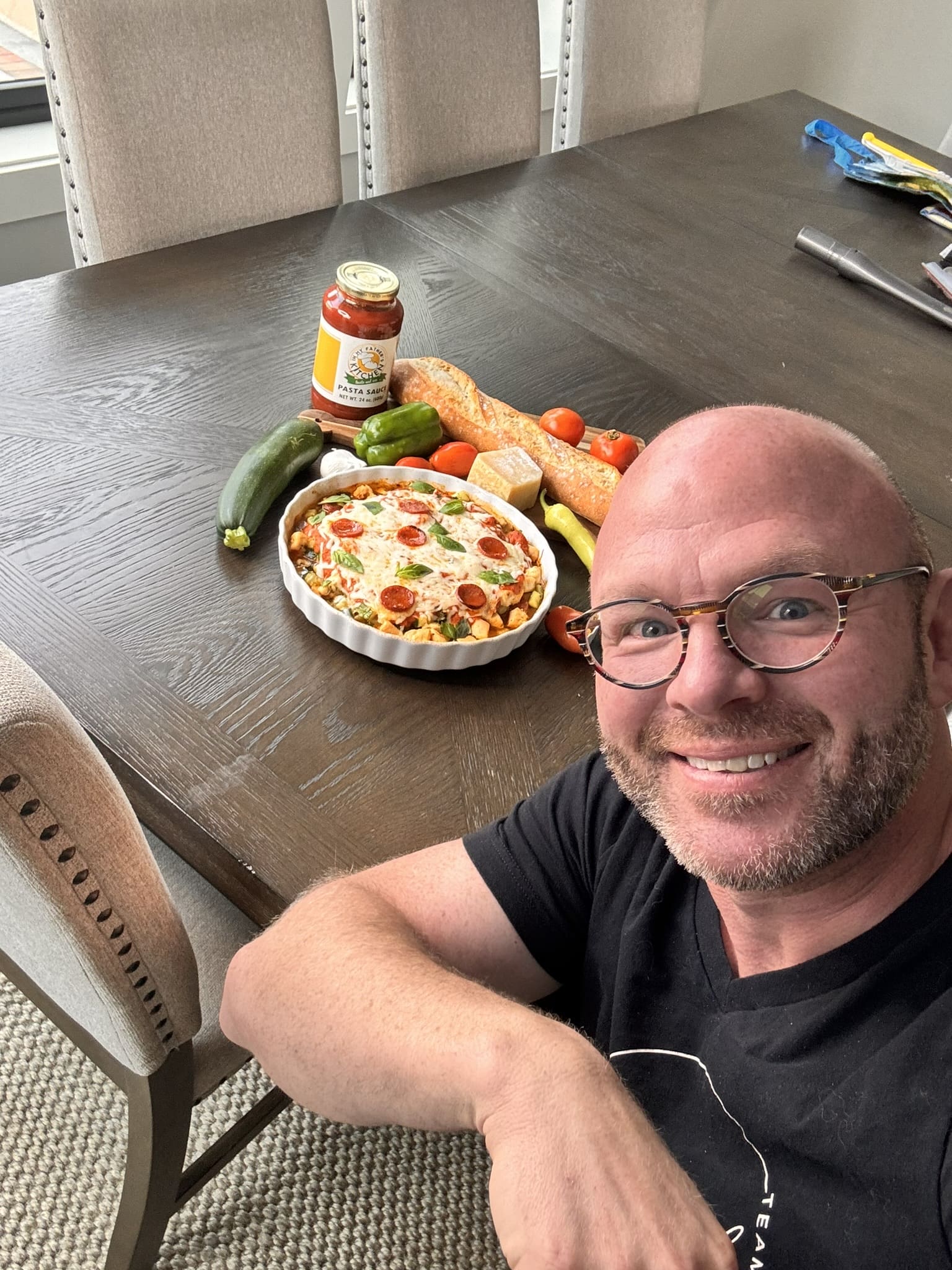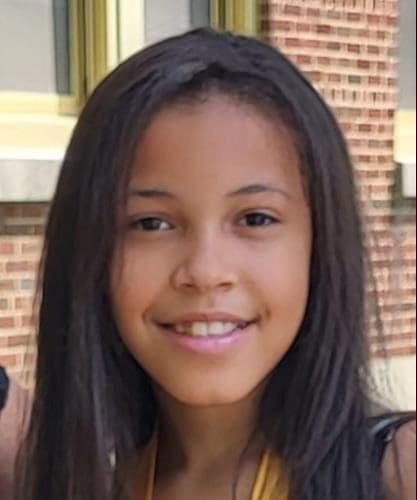By Jamie Jenson
Some might say Dianne Rizzo became a life coach by chance.
But for Dianne, who had spent three decades as a registered nurse, it felt like a natural progression.
“I had been coaching people through nursing — coaching patients and families — all during my nursing career,” Dianne said.
Dianne’s interest in coaching grew after she hired her own leadership coach. She was a clinical leader in Syracuse at Hospice of Central New York at the time, and she saw some areas in her leadership skills that she wanted to develop. While working with her own coach, Dianne realized coaching was a career she wanted to pursue.
“The coaching process clarified my goals and values, my vision for the future, and I started taking coursework,” she said.
Dianne took one class a semester at the Institute for Life Coach Training, one of the largest accredited certification programs in the world. After completing the program, she opened her own boutique coaching business called One Life Coaching Services.
“I named it that,” she said, “because we only get one life.”
Dianne didn’t quit her nursing job right away, but eventually, it was clear that she needed to fully focus on her coaching career.
“I made the decision to make coaching my full-time work, and because I loved nursing and because I loved what I did — I still consider myself a nurse — it was a hard decision,” she said. “But it also felt very, very right.”
On her 55th birthday, telling herself it was now or never, Dianne resigned from her nursing position.
Dianne said her professional identity had been as a nurse for so long that it took some time to get used to not being one, but many of the skillsets she needed to be a successful medical professional are the same ones she uses every day as a life coach.
“The deep listening, the presence — that came from nursing,” Dianne said. “My ability to really listen, emotional intelligence, the ability to be with people no matter what they are experiencing.”
Dianne said she works with all over the United States who are seeking a coach for various reasons, ranging from professional to personal.
“A lot of times people will come to coaching for something specific, perhaps,” Dianne said.
“One of my clients was looking to shift her work and she wanted to explore what she was going to do next, and although we have really explored that, she also discovered that she’s looking at how she refuels herself and why she keeps dragging herself to do more and more when it doesn’t serve her.”
The ultimate goal of coaching, Dianne said, is for the client to eventually be able to coach themselves. Dianne typically works with her clients from three to six months, and during that time, they’re meeting — usually over the phone — several times a month.
Dianne said when she’s working with her client, she always tries to provide value, not create dependence. She’s asking the questions, she said, in order to foster her client’s curiosity and for the sake of his or her learning.
“We all have our own wisdom,” she said. “As a coach, I don’t have the answers, but the client does.”
Because of her nursing background, Dianne said she has a particular interest in coaching other healthcare professionals.
“There are a lot of challenges the people in the healing profession — the helping profession — have in terms of resilience and maintaining their energy, and thriving, not just surviving, so that they can continue to do what they love,” Dianne said.
For Dianne, coaching others, especially those in the healthcare field, has been extremely rewarding and life-affirming.
“Life is wonderful and beautiful and messy and exciting, and I want to show up for everything,” she said.
“This is why I was created. I’m doing exactly what I’m supposed to be doing.”





